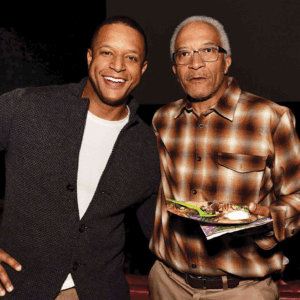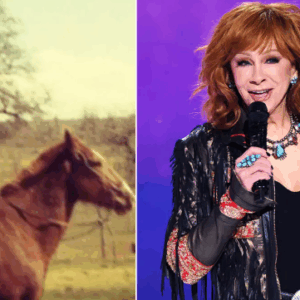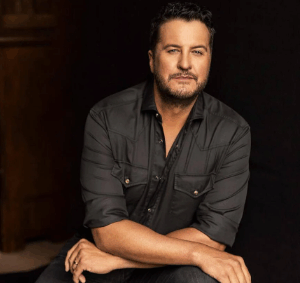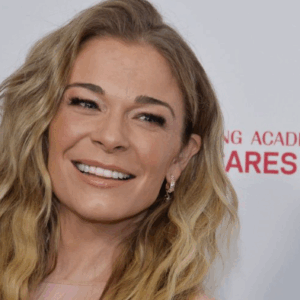SHOCKING: Sunny Hostin Revealed the Date She and Her Children Will Leave the U.S. and Plans to Get Revenge on the “Person” Who Ruined Her Career. What Happened?
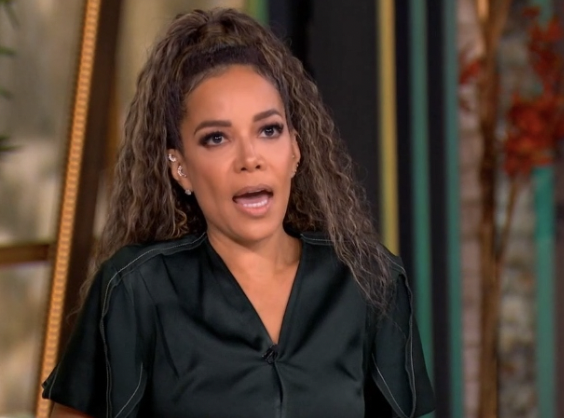
Image: Getty Images
In an eye-opening segment on the popular talk show “The View,” co-host Sunny Hostin shared her personal struggles and frustrations about life in America, describing her sentiments as being “stuck” in a “racist” environment. Hostin revealed that she and her children might consider leaving the U.S., a sentiment she expressed while reflecting on other celebrities, like Rosie O’Donnell, who have opted to relocate abroad. While she didn’t specify an exact date, her comments have stirred up significant attention regarding her opinions on American society.
Hostin’s revelations seem to stem from her observations of systemic racism and inequality within the United States. She stated, “America isn’t working for everyone,” highlighting her frustration with the country’s socio-political climate. Her remarks resonated with many who feel similarly trapped in their current situations, prompting discussions on the intersection of celebrity privilege, race, and public sentiment.
Sunny Hostin’s Career and Criticism
Despite her lucrative role at ABC News, where she reportedly earns around $8 million a year, Hostin faces considerable backlash for her outspoken views on race and politics. Critics argue that her successful career undermines her claims of being oppressed by an unfair system. For instance, OutKick’s founder, Clay Travis, has described her as “the Michael Jordan of awfulness,” an indication that there is a widespread discontent with her inflammatory rhetoric during broadcasts.
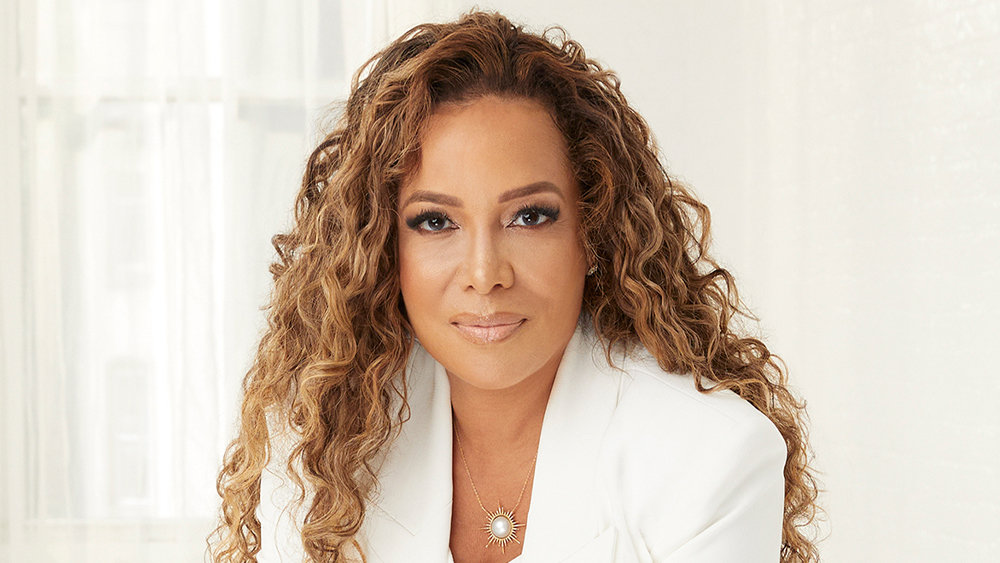
Image: Getty Images
Hostin has garnered attention over the years for her controversial statements, including labeling certain Latino men as “sexist” and making sweeping generalizations about American demographics. Such comments have drawn ire and sparked accusations of hypocrisy, especially when one considers her position of privilege within the media landscape.
The Reality of Leaving America
Hostin’s declaration about potentially relocating abroad ties into a larger narrative where many individuals express a desire to escape the troubles associated with America today. However, contrary to celebrities who can afford the luxury of relocating, much of the American population feels immobilized by various socio-economic factors. Hostin’s critiques may feel disconnected from the struggles that everyday Americans face, raising crucial questions about accountability and the sincerity of her claims.
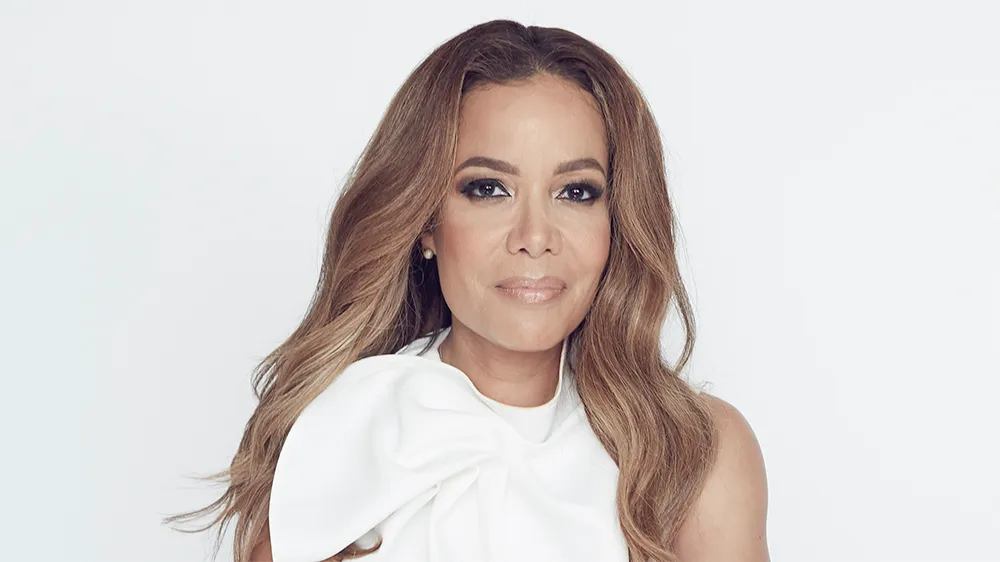
Image: Getty Images
The prospect of leaving the U.S. may sound liberating for some, especially for those who have experienced systemic oppression. Yet it brings forth the essential discussion on whether or not fleeing the country truly addresses the underlying issues. For many, discussing actionable solutions and reforms within the nation is more beneficial than simply opting out of the American experience altogether.
Hostin’s Plans for Revenge and Future Implications
Compounding her revelations, Hostin hinted at a desire for “revenge” against a “person” who she feels has played a significant role in disrupting her career. Although she remained vague about these intentions, it underscores the intense pressure and scrutiny public figures face in today’s polarized atmosphere. Hostin’s career trajectory illustrates not just the triumphs but also the profound challenges that come with being in the limelight.

Image: Getty Images
The mention of seeking revenge may resonate with her supporters, but it also raises eyebrows about the implications of such a stance. In an era where accountability, dialogue, and reforms are paramount, Hostin’s grievances could either spur constructive discussions or lead to further divisive rhetoric. Her narrative invites audiences to reflect on how public figures can balance personal grievances with broader societal issues.
Sunny Hostin’s comments about leaving the U.S. and her thoughts on revenge have ignited conversations surrounding race, privilege, and accountability within the media. As debates continue about America’s socio-political climate, examining the intricacies of Hostin’s narrative is vital for understanding the complexities faced by many in society today.
If you’re interested in further analyzing the dynamics of race and public discourse in America, stay tuned for more insights and discussions.
